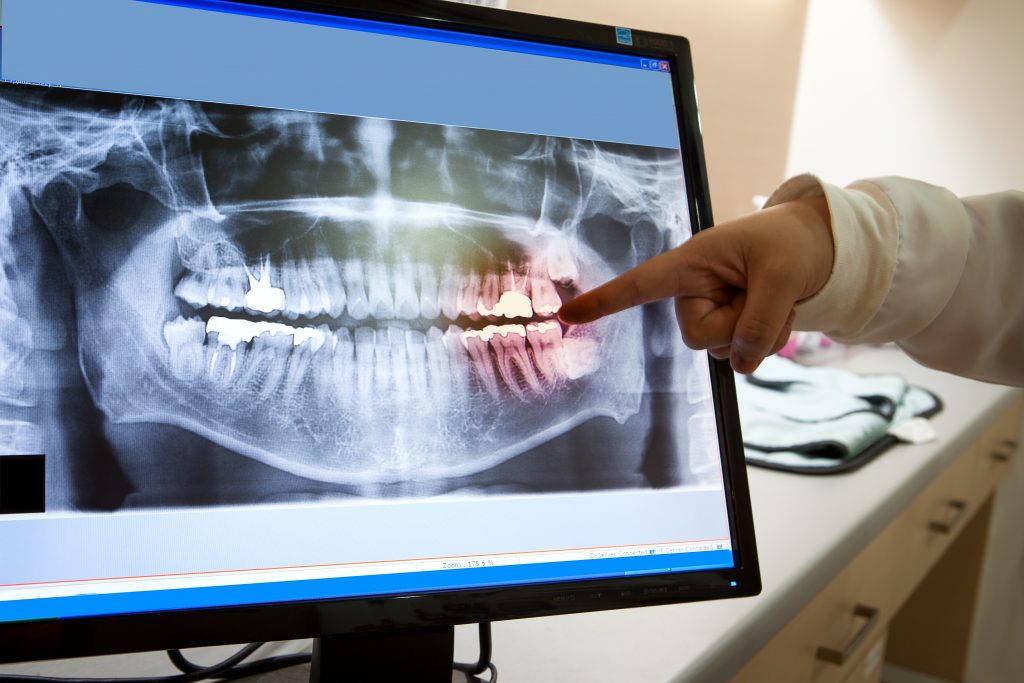Dental Emergencies
Dental Emergencies
At Fletcher Dental Care, we understand that dental emergencies can happen when you least expect them. Whether it’s an intense toothache, a broken tooth, or an accident involving your gums or jaw, dental emergencies can be painful, stressful, and even overwhelming. In such situations, timely intervention is crucial—not only for immediate relief but also to prevent further damage.
Our expert team is ready to provide you with immediate care to address your pain, restore functionality, and protect your oral health. Whether you’re dealing with a knocked-out tooth, severe tooth pain, or an unexpected injury, we offer fast, reliable, and professional emergency dental services.
What Constitutes a Dental Emergency
Dental emergencies cover a broad spectrum of urgent situations. At Fletcher Dental Care, we commonly treat the following:
- Severe Toothaches: Persistent or severe tooth pain may indicate underlying problems, such as an infection, abscess, or nerve damage. It’s important to seek treatment immediately to address the root cause and prevent complications.
- Knocked-Out Teeth: A knocked-out tooth can often be saved if treated quickly. Keeping the tooth moist and seeking immediate care within 30 minutes to an hour can make the difference in whether the tooth can be reimplanted.
- Cracked, Chipped, or Broken Teeth: Accidental trauma or biting into hard foods can lead to cracked or broken teeth, causing pain and potential infection. Immediate attention is necessary to repair the tooth and prevent further damage.
- Lost Fillings or Crowns: A lost filling or crown can expose the vulnerable parts of your tooth, leading to increased sensitivity, pain, or even further decay. It’s essential to get it replaced as soon as possible to protect the tooth.
- Gum Infections or Abscesses: Infections of the gums can escalate quickly, leading to swelling, pain, and even systemic issues if left untreated. Abscesses, in particular, are serious and require immediate care.
- Soft Tissue Injuries: Injuries to the tongue, cheeks, gums, or lips from accidents, sports, or falls need to be properly treated to avoid infection and promote proper healing.

Our Commitment to Emergency Dental Care
At Fletcher Dental Care, we understand that dental emergencies can be distressing and often occur without warning. That’s why we prioritise dental emergencies and aim to see patients as quickly as possible. Our team is equipped to handle a wide variety of urgent dental problems, from pain relief to restorative procedures.
Our approach to emergency dental care is grounded in a commitment to providing fast, effective, and compassionate treatment. We work swiftly to diagnose the issue, relieve pain, and provide the necessary treatment to protect your teeth and gums.
To minimise your risk of experiencing a dental emergency, we offer comprehensive care, including regular check-ups and detailed evaluations. By designing a Lifetime Treatment Plan, we help our patients maintain optimal oral health and proactively address any potential issues before they become emergencies. This preventive approach includes regular cleanings, early detection of tooth decay or gum disease, and recommendations for strengthening your teeth.
What to Do During a Dental Emergency
- Toothache: Rinse your mouth with warm water to cleanse the area, use floss to dislodge any trapped food, and apply a cold compress to reduce swelling. Over-the-counter pain relievers may help, but avoid applying aspirin directly to the affected area, as it can cause tissue damage.
- Knocked-Out Tooth: Carefully pick up the tooth by the crown (avoid touching the root) and rinse it gently. If possible, try to reinsert the tooth into the socket. If this isn’t possible, keep the tooth in a glass of milk, saline, or water and seek emergency dental care immediately.
- Cracked or Broken Tooth: Rinse your mouth with warm water, save any pieces of the broken tooth, and apply a cold compress to reduce swelling. Avoid chewing on the affected side of your mouth until you can be seen.
- Lost Filling or Crown: If a crown has fallen off, try to place it back onto the tooth temporarily using over-the-counter dental cement, and avoid eating hard or sticky foods. For lost fillings, a small piece of dental cement can also be used as a temporary fix.
- Gum Injury or Infection: Rinse your mouth with a mild saltwater solution and apply a cold compress if there is swelling. Infections may present with swelling, pain, or discharge and should be treated immediately to avoid spreading.
Frequently Asked Questions (FAQs)
What should I do if I experience severe tooth pain?
Can a knocked-out tooth be saved?
How can I prevent dental emergencies?
What should I do if I break a tooth?
How do I know if I’m having a dental emergency?
What if I have a dental emergency outside of normal hours?
Book Your Appointment Today!
Let our caring team make your next visit effortless, and feel free to reach out with any questions or concerns—we’re here to support you every step of the way.
